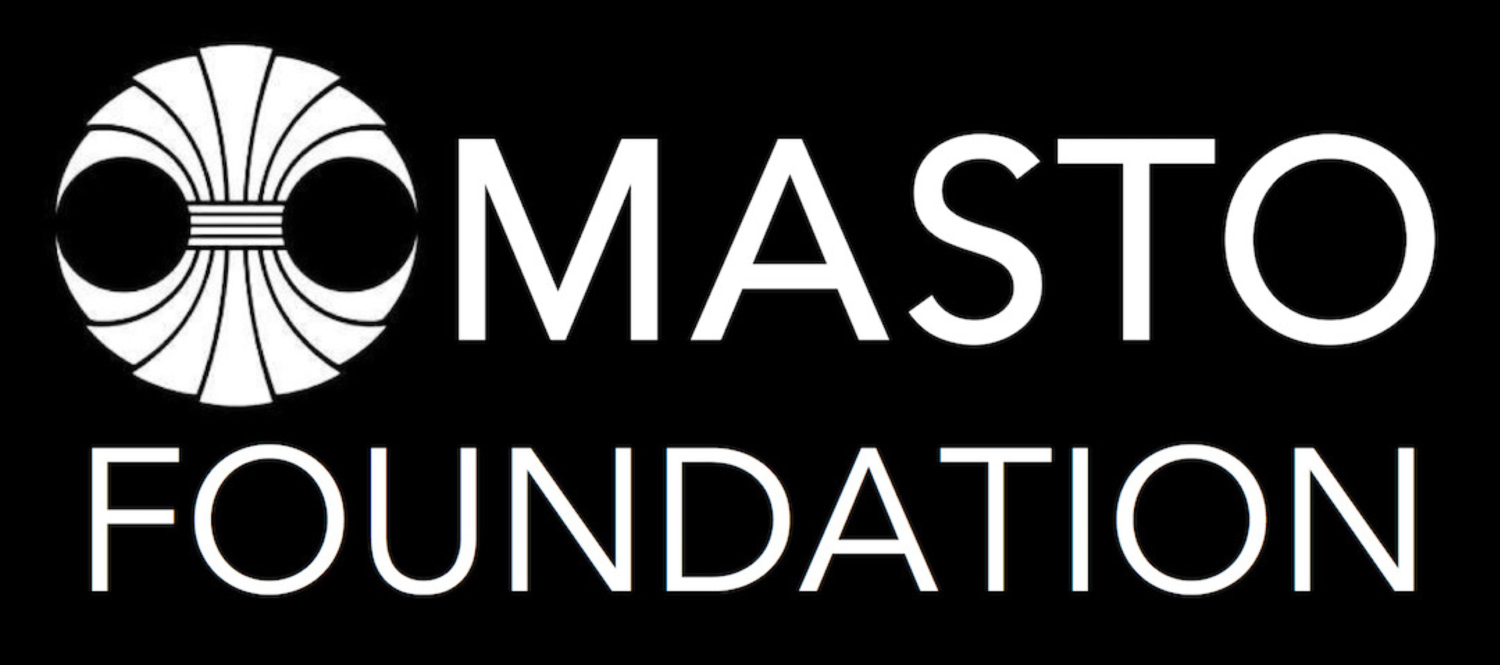Our Founder’s Story
In 1942, Harry and Masie Masto, along with over 110,000 other Japanese Americans, were sent to a WWII internment camp. Harry was a farmer and, after a few months in the camp, the couple was permitted to leave by volunteering to farm for the American government. They were put on a bus with other internees and sent to Idaho, where Harry set up a potato farm. For the remainder of the war, Harry managed the farm and the Japanese internees and German POWS, who provided the labor. After the war, the Masto family bought the land from the government and set up a potato processing plant in Eastern Washington, where they developed a process to dehydrate potatoes.
Over the years, as the company became more successful, Harry found many ways to give back. For his workers, many of whom were former internees, he set up an emergency aid safety net fund, offered to pay for any of their children to go to college, and allowed them to buy into the company so everyone benefited from its success. For the community, he created a farming and agriculture scholarship, leased out his land at below-market rates, and offered funding to start the local hospital and community college, which he challenged the community to match. In addition to money, he volunteered his time with the local Lions Club, where he prided himself for having 25 years of perfect attendance.
Looking back, it’s incredible to learn how ahead of the times Harry was with his giving - supporting workers cooperatives, lifting families out of poverty by promoting access to education and opportunity, providing emergency relief, organizing giving circles, and leveraging his gifts by setting up challenge grants. He did all this without having access to a high school education himself and never identifying as a philanthropist or expecting anything in return.
In 1977, the Masto family sold the company and, a few years later, set up the Harry and Masie Masto Foundation. Harry’s dream was to retire, build up the foundation, and live out the rest of his days on a fishing boat. Unfortunately, three months after the foundation was formalized, Harry suffered a massive stroke that paralyzed him on the left side of his body and left him with limited ability to speak.
Overnight, all management of the Foundation went to Masie. Due largely to her distrust of American legal and financial systems based on her experiences during the war, the assets remained uninvested for the next 35 years.
In 2018, Masie passed away at the age of 101, and the foundation started receiving the first of its endowment. A. Sparks (she/they), Harry and Masie’s granddaughter, currently directs the foundation and brings with her 15 years of experience in the field of philanthropy and an intersectional lens as a queer, mixed-race (Hapa) woman. The Board of Trustees, also comprised of direct descendants of the founders, works to honor Harry’s legacy and his vision for a more just, inclusive, and equitable world.

“My grandfather led by example. He gave to those who experienced wide-range discrimination and provided his time, leadership, and money. His approach was to bring people in, give them opportunities to invest in each other, and then leverage that engagement to lift up the entire community.”
— A. Sparks (after visiting the town of Moses Lake and learning about her grandfather’s legacy)
